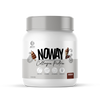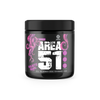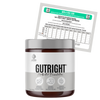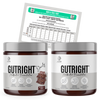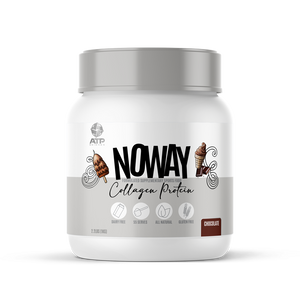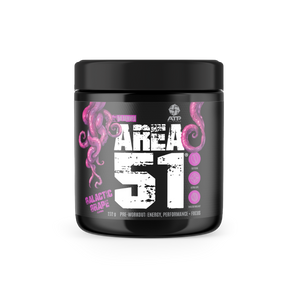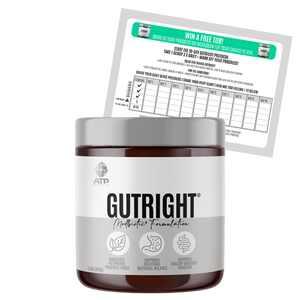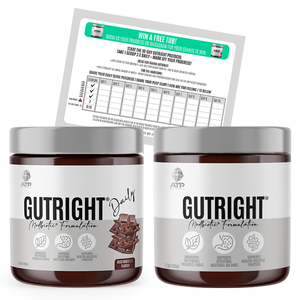Herbal Prep Methods - How to's

Herbal Prep Methods - Introduction
Herbal preparation can be done and taken in many ways, in traditional medicine a lot of the time herbs were prepared and administered as a tea. These are called decoctions or infusions. There are four main methods to prepare herbs efficiently and they all act slightly different depending on the strength of the herb and what result you are after.Herbal Infusions -
Herbal Infusions are done using the water method. Water-based extractions are used to extract sugars, proteins, gums, mucilage, pectin, tannins, acids, coloring, mineral salts, glycosides, some forms of alkaloids, and various essential oils. They are best used quickly as they are not very shelf stable.To make an infusion you will usually be using dried herbs/leaves or flowers and revitalizing them in hot water. We recommend to use a non-metal teapot or saucepan and add the items you wish to infuse to hot water and allow to steep.
Recommended Ratio: 30g of dried leaves/flower to 500ml of hot water.
Cover and allow to Steep for 20 mins. Strain out the ingredients and drink while hot/warm.
Tip: If using fresh herbs - The ratio will change to 3 parts fresh: for every 1 part dry
Decoctions -
Decoctions usually require a harder boiling process as the herbal ingredients usually consist of Barks, roots, seeds, and stems of plants. These are not easily infused like leaves and flowers. This method, it requires the simmering/boiling down approach.Recommended Ratio: 30g of ingredients to 750ml of water in a covered pot (don't use cast iron or aluminum) for around 30 mins to 1 hour or until half of the water has simmered off, for example, 750ml has simmered down to 500ml of liquid. Strain off the ingredients and consume.
Tip: If using fresh herbs - The ratio will change to 3 parts fresh: for every 1 part dry
Note: It is recommended to use either ceramic or surgical grade stainless steel saucepans or teapots so that nothing from the pot itself is infused into the final product. It is advised for best practice to avoid Cast-iron, Aluminium or any synthetic coated saucepans and teapots for this.
Capsulation -
Some herbs can taste downright nasty to the palate, they can be moisture sucking and bitter in the mouth so this is usually where encapsulation of products is best for this herbal application.Preparation of herbs is usually done by grinding the dried herb down in a seed mill or mortar and Pestle to form a fine powder. These can then be placed in your choice of vegetable capsule or gelatin capsule. Keep these capsules in a cool, dry place and if available ensure its dark or the bottle stored in is an amber colored bottle for best storage.
Ratios for the dosage of capsules: This is usually 3000mg or 3g of dried herb equivalent 3 times a day. (delete this bit)
Usually, you can fit about this much herb into each capsule. Capsule Sizes Range from:
#0 = 400-450mg
#00 = 500-600mg
#000 = 650-850mg
Herbal Tinctures -
A more complex and slightly newer age method for the use of herbs. They can offer a more potent herbal extraction of the actives such as essential oils, resins, alkaloids, glycosides, organic acids, chlorophyll, acrid and bitter constituents, and castor oil. This method is not advised for extracting minerals, gums, or mucilage. A Tincture is classified as taking an extract via the use of alcohol or another medium that is applicable.Usual Preparation includes soaking 60-120g of the herb in 500ml of 60-80 proof alcohol and allowing around 14 days of soaking, shaking each day once or twice. After the 14 days, the herbs are strained out of the alcohol. The mushy herbs can be pressed through a cheesecloth to squeeze out the remaining liquid to ensure for a more effective tincture. Once all liquid is separated this is stored in a dark colored amber glass dropper bottle is best.
Herbal Tinctures, because of the Alcohol preservation can last a number of years.
Note: These are guides only, please consult with your health care professional or Naturopath before using any of these methods for safest use on the herbal properties and guidance on dosage and duration of use unique to your needs.

